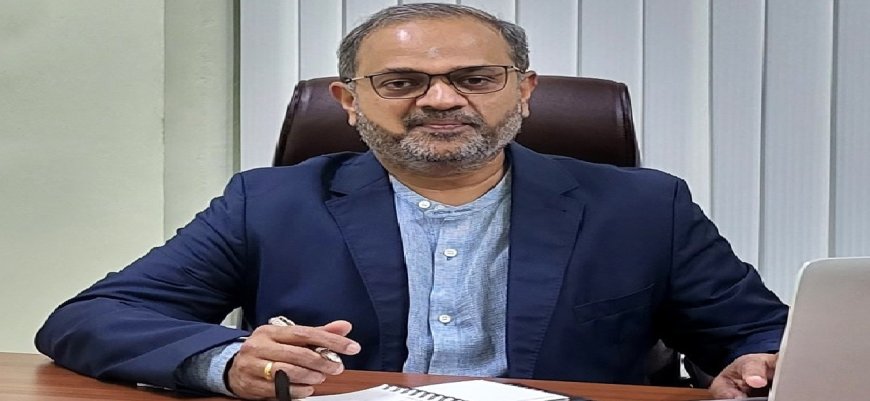UNO Technology secures to build Madurai International Airport’s high vision air traffic control cabin

UNO Technology, a leading engineering solutions company specializing in high-vision air traffic control cabins and towers, successfully secured a prestigious mandate to elevate the operational capabilities of the 40-meter air traffic control (ATC) cabins at Madurai International Airport. This milestone project, part of the airport's comprehensive development plan, is a significant step in enhancing air traffic control's operational efficiency and safety in the region.
The development of Madurai International Airport is led by the Airport Authority of India (AAI) in collaboration with SOM Projects. UNO Technology has been brought on board as a specialist sub-contractor. Through this project, the company will redesign the ATC cabin as High Vision Cabin and provide high performance glazing panels for the VCR as per the region’s unique weather conditions and stringent requirements by AAI.
A standout feature of the project is the implementation of an innovative framing system developed by UNO Technology that provides obstruction-free vision for air traffic controllers. This cutting-edge design enhances the controllers' field of view to an impressive over 200 degrees, aiming to address critical issues such as limited visibility, and elevated levels of fatigue among air traffic controllers.
Unni Bhaskar, Managing Director, UNO Technology Pvt. Ltd., said, “With over 25 years of experience in the aviation infrastructure sector, we take pride in contributing to the development of Madurai International Airport, bringing our patented technology and expertise to elevate air traffic control capabilities in India. This partnership not only signifies a significant leap forward for Madurai International Airport but also sets a new benchmark for the future of air traffic control infrastructure, tackling issues like limited visibility, obsolete equipment, and heightened controller fatigue that impact operational efficiency and safety standards.”







